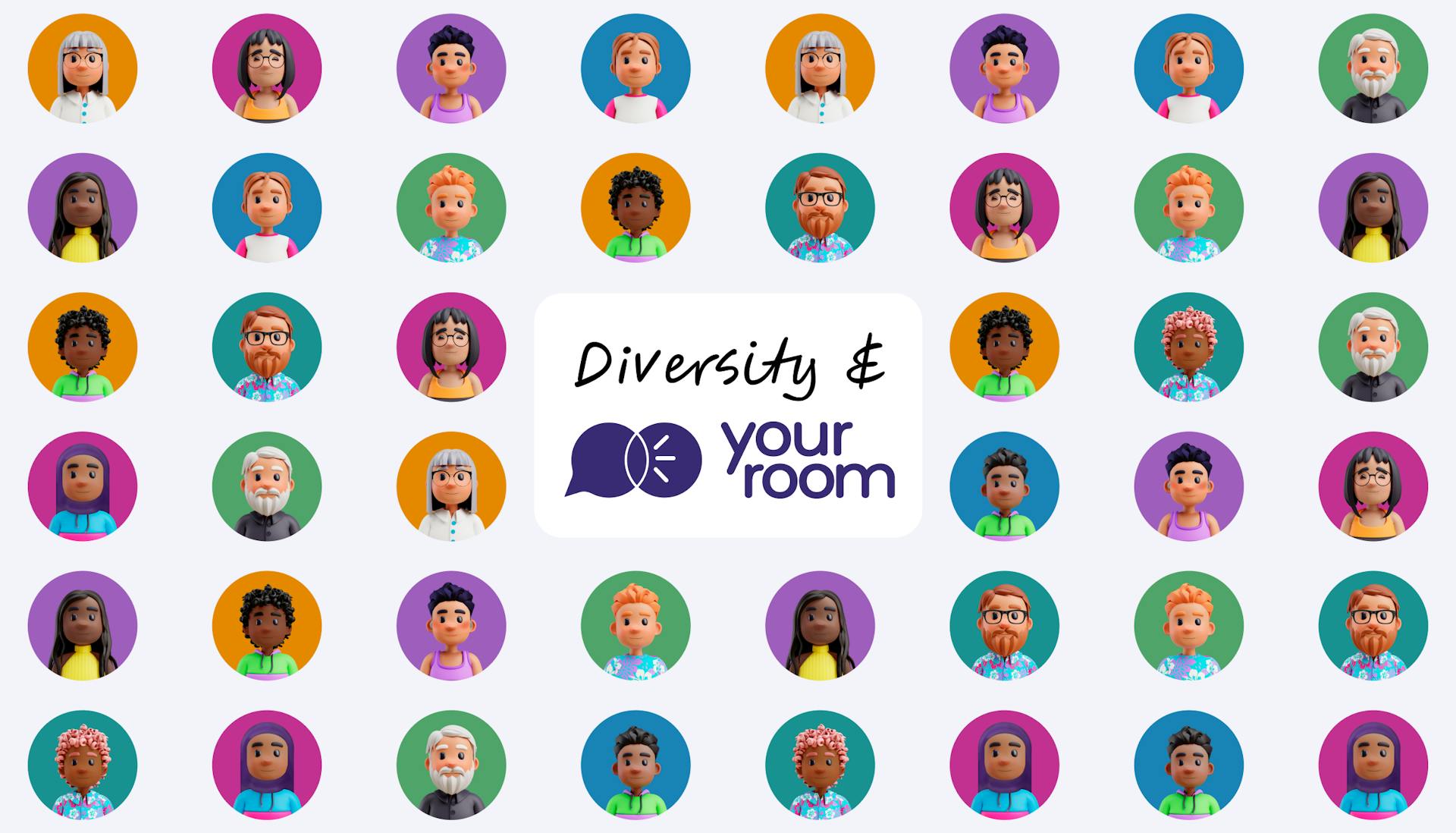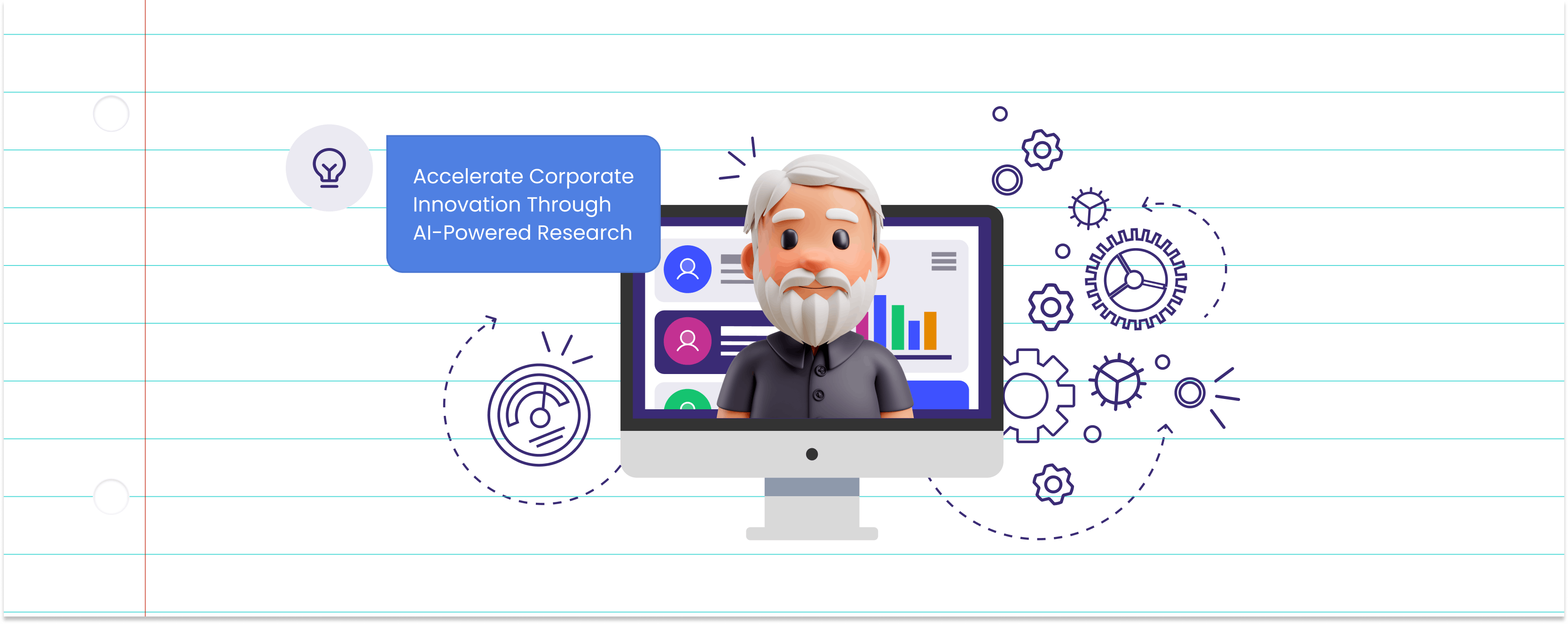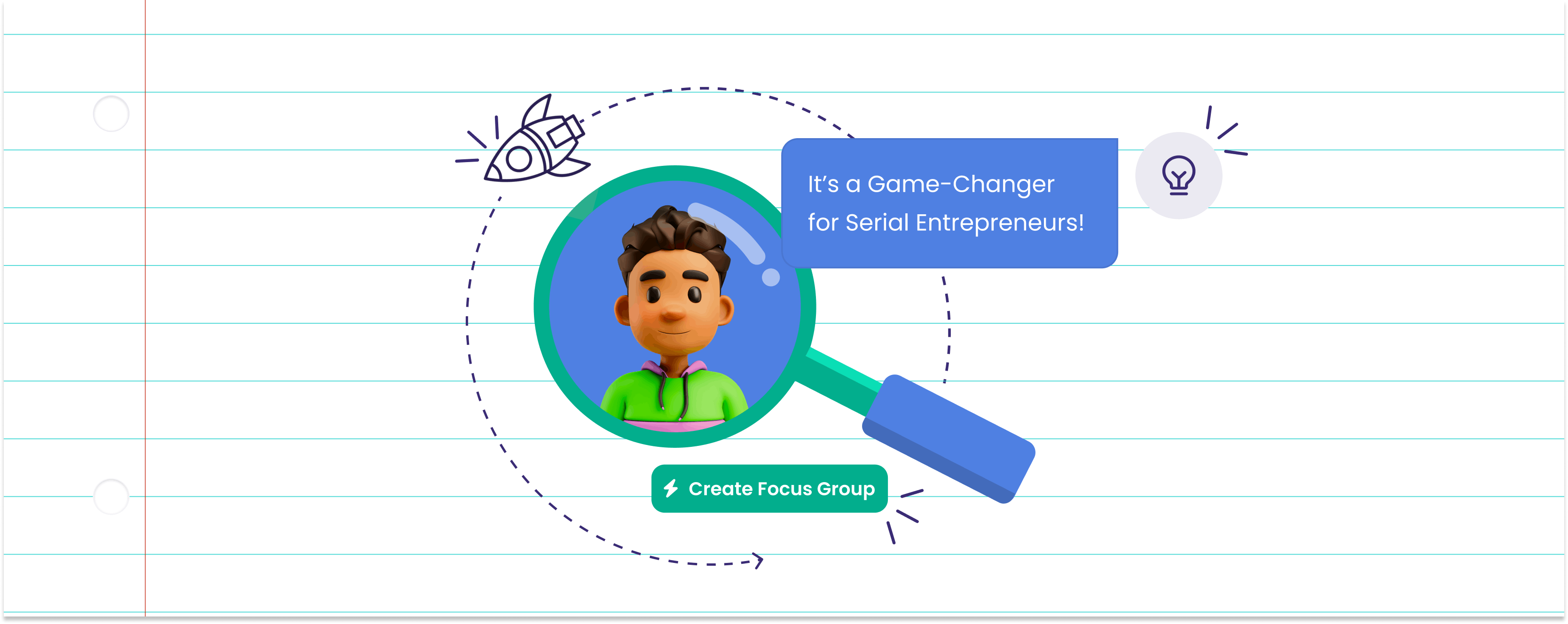
The Critical Role of Diverse Perspectives in Market Research
Market research stands at a crucial intersection of technology, human understanding, and strategic insight. As global markets become increasingly complex, the ability to capture truly diverse perspectives has transformed from a nice-to-have to a business imperative.
The Evidence for Diversity
Research provides compelling proof of the power of diverse perspectives. A landmark Boston Consulting Group study revealed that companies with more diverse management teams generate 19% more innovation revenue. This isn't mere coincidence—it's a direct result of bringing together different ways of thinking and experiencing the world.
Cognitive science explains why. Unique life experiences, cultural backgrounds, and personal journeys shape our individual perspectives. When these varied viewpoints intersect, they create what researchers call "cognitive friction"—a productive tension that challenges assumptions and generates more robust insights.
The Limitations of Traditional Research
Historically, focus groups have been constrained by significant practical challenges:
- Geographic limitations
- High recruitment costs
- Difficulty accessing diverse participant pools
- Inherent sampling biases
These constraints often result in narrow, homogeneous research that fails to capture the true complexity of consumer experiences.
Introducing a Technological Solution
This is where platforms like YourRoom are transforming market research. By leveraging advanced AI technologies, YourRoom addresses many of the traditional limitations of focus group research:
- Users can specify target audience parameters with unprecedented precision
- Personas are assigned detailed demographic profiles covering:
- Home ownership
- Job roles
- Annual salary
- Marital status
- Technology preferences
- And multiple other nuanced characteristics
Combating Algorithmic Bias
A key innovation is YourRoom's approach to reducing research bias. The platform utilizes four distinct large language models (LLMs), each trained on different datasets. This multi-model approach ensures:
- A diversity of responses
- Reduced algorithmic bias
- More comprehensive insights
Researchers can choose from:
1. An extensive list of pre-curated focus groups
2. Fully bespoke groups created through simple prompts
Real-World Implications
The practical benefits extend far beyond theoretical discussions. Diverse research methodologies help organizations:
- Develop more innovative products
- Create more resonant marketing strategies
- Identify emerging market opportunities
- Avoid costly misunderstandings based on narrow perspectives
Beyond Technology: A Holistic Approach
While platforms like YourRoom offer powerful tools, they are most effective when combined with a genuine commitment to understanding diverse human experiences. It's not about replacing human insight but amplifying and expanding our capacity to understand complex market dynamics.
The Competitive Advantage of Understanding
In an increasingly interconnected world, the ability to genuinely understand diverse perspectives is more than an academic exercise—it's a critical competitive advantage. Organizations that embrace diverse research methodologies are better positioned to:
- Innovate more effectively
- Connect with broader customer bases
- Anticipate market shifts
- Develop more inclusive products and services
Looking Forward
The future of market research lies in approaches that can simultaneously:
- Capture nuanced human experiences
- Provide statistically robust insights
- Overcome traditional research limitations
- Deliver actionable intelligence quickly and cost-effectively
Platforms like YourRoom represent a significant step forward in this journey, offering researchers unprecedented tools to explore the rich, complex landscape of human perspective as a precursor to engaging with real-life focus groups.
Diversity in market research isn't about ticking boxes—it's about obtaining the most accurate, comprehensive understanding possible.



